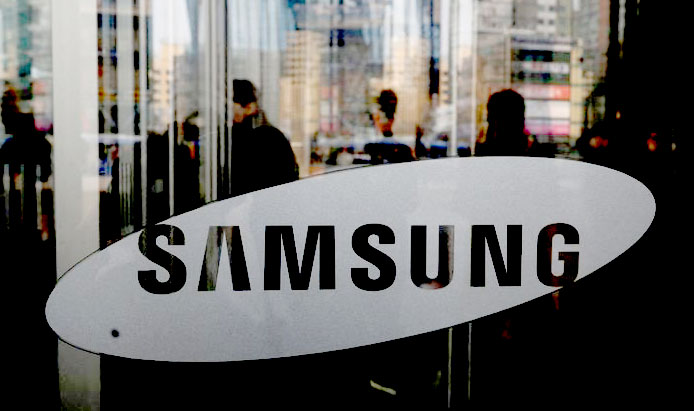The Korean International Trade Association (KITA) said on Tuesday that a strike by truck drivers in South Korea has stopped shipments to China of a key cleaning agent used by makers of semiconductor chips. The strike has been going on for a week.
It was the first sign that the strike was affecting chip production around the world. Already, the strike has cost the South Korean economy more than $1.2 billion in lost production and unfulfilled orders.
KITA said that a Korean company that makes isopropyl alcohol (IPA), a chemical that is used to clean chip wafers, is having trouble sending it to a Chinese company that sells wafers to chipmakers.
In a statement, the trade group said that about 90 tonnes of the material, or a week’s worth of shipments, had been delayed.
It changed an earlier statement that production had been stopped and made it clear that the Chinese company does not supply wafers to Samsung Electronics (OTC: SSNLF) Co., Ltd.’s chip production operations in China.
The strike is also making it hard for a large South Korean petrochemical company to ship IPA from its plant in the port city of Yeosu.
A “necessary amount” is being let through, said a person who knows about the situation but didn’t want to name the company because the matter is sensitive.
On its website, the company said that its IPA is used as a cleaning agent in semiconductors and liquid crystal displays (LCD), among other places.
The truckers’ union vowed to keep the strike going after four rounds of talks with the government failed to find a solution. The strike is a protest against rising fuel prices and a demand for guaranteed minimum pay.
In a statement released on Tuesday, it also said that the Ministry of Transport was “neither willing to talk nor able to solve the current situation.”
Analysts think that the strike won’t have much of an effect on domestic chipmakers, since both Samsung (KS:005930) and SK Hynix, the world’s second largest memory chip maker, keep at least three months’ worth of materials on hand.
Ahn Ki-hyun, senior executive director of the Korea Semiconductor Industry Association, said that the issue was brought to light by the fact that chip material exports from Japan have been limited since 2019.
Small business owners were worried that a long strike could make it hard for the country to recover from the COVID-19 pandemic, since the truckers started their action less than two months after the rules for keeping people apart were lifted.
In a joint statement, a dozen groups that work to help small businesses said, “Small business owners are waiting helplessly.” They also said that shipments of liquor, food, farm, and fishing products had been stopped.
A worker at HiteJinro Co. Ltd., the biggest maker of the South Korean liquor soju, said that the strike cut shipments by about 40%.
Large stores sent their own trucks to make sure they had enough stock, but some small businesses, like convenience stores, were running out of supplies, the official said.

